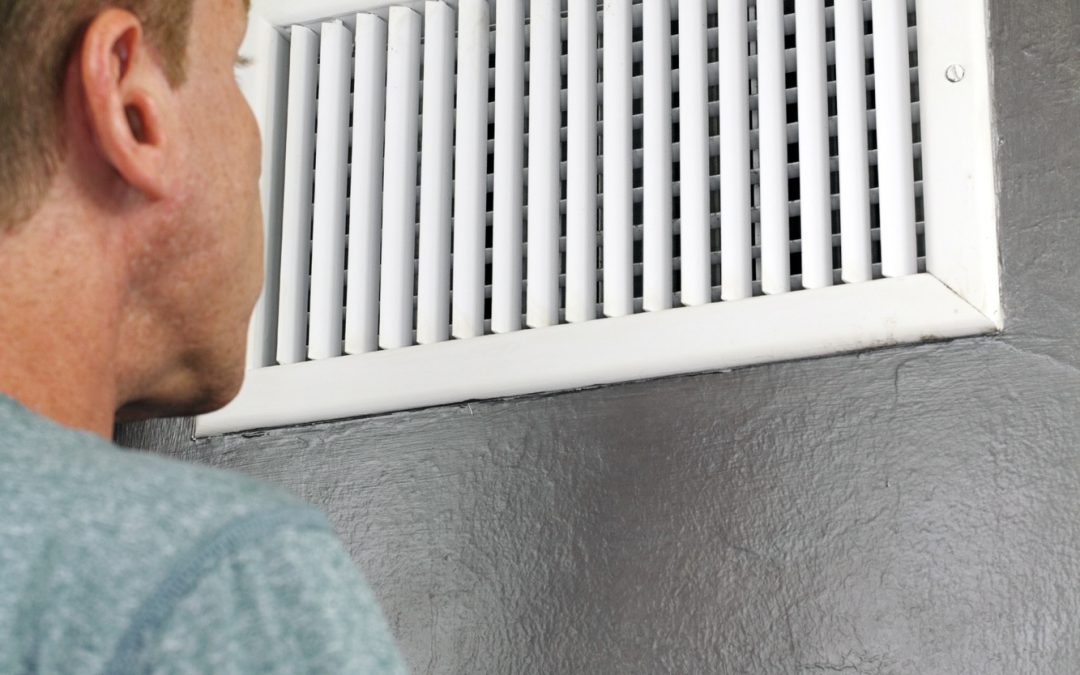The average American spends 90% of their time indoors.
If you spend most of your time indoors, then indoor air quality should be a major concern for you. Most people have no clue how many allergens and contaminants they inhale on an almost constant basis. In worst-case scenarios, poor air quality can affect things like respiratory and mental health.
Today, we’re going to tell you how you can improve indoor air quality in your home. Don’t let things like mold, dust, dander, and debris ruin your air; keep reading and learn how to keep your air pure.
What Hurts Indoor Air Quality?
There are several things that can take a toll on your indoor air quality. In many ways, it depends on where you live and how clean you keep your home.
Things like mold are more common in places like Orlando, where the summer is essentially made up of heat and moisture. If you’re in a dirty home or fail to change your HVAC filters, it could be the common allergens like pollen, pet dander, and dust that get you.
All of these things are bad for indoor air quality, but things like mold can actually be detrimental to your health over time. For those especially sensitive to it, mold can lead to things like asthma and upper respiratory tract syndrome.
How to Improve Indoor Air Quality
Avoiding the negative health effects of mold and other airborne toxins comes down to implementing preventative measures.
For instance, by regularly changing your HVAC filters and vacuuming your carpets, you can eliminate most indoor allergens. You should also keep open windows to let the fresh air permeate your house whenever possible.
Mold, on the other hand, results from moisture. You’ll usually find mold in places where any water damage has occurred, or moisture is allowed to run rampant, like the bathroom, near windows, underneath your roof, and in your basement. Sometimes it will hide behind walls and under carpets, which makes it especially difficult to deal with.
Inspecting these areas for early signs of mold is a good way to prevent mold problems from affecting your air quality. If you can prevent unwanted moisture, you can prevent mold.
Calling In the Pros
The best thing to do if you suspect that you’ve got mold is to call in a company like Elite Mold Services. We’ll come and inspect your home using state-of-the-art tools to assess your home for conditions that are conducive to mold growth.
If our testing determines that the conditions are ripe for mold growth, we’ll do more formal mold testing. Our whole-house air sampling can tell us exactly what your home’s air contains, while wall and carpet sampling can get down to the core of your potential mold problem.
The key to getting rid of your contaminants and starting to improve indoor air quality is testing. We aren’t a mold remediation service, so you can trust our unbiased testing for your home.
When you suspect an air quality problem in your home, the key is to act fast. Contact us today to learn more about our services and book your testing.

